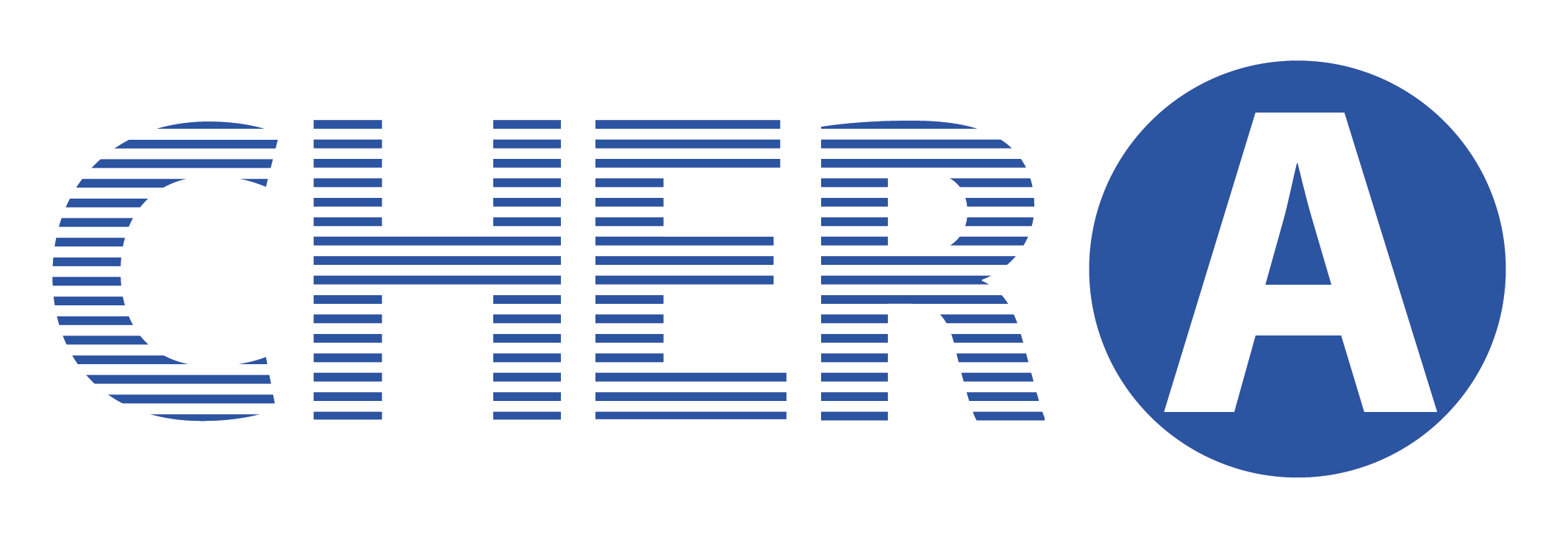 Santos, J.M. and Horta, H. (2018). The research agenda setting of higher education researchers. Higher Education, 76(4): 649-668.
Santos, J.M. and Horta, H. (2018). The research agenda setting of higher education researchers. Higher Education, 76(4): 649-668.
Research agenda setting is a critical dimension in the creation of knowledge since it represents the starting point of a process that embeds individual researchers’ (and the communities that they identify themselves with) interest for shedding light on topical unknowns, intrinsic and extrinsic factors underpinning that motivation, and the ambition and scope of what a research endeavor can bring. This article aims to better understand the setting of individual research agendas in the field of higher education. It does so by means of a recently developed framework on research agenda setting that uses cluster analysis and linear modeling. The findings identify two main clusters defining individual research agenda setting—cohesive and trailblazing—each with a different set of determining characteristics. Further analysis by cross-validation through means of sub-sampling shows that these clusters are consistent for both new and established researchers, and for frequent and “part-time” contributors to the field of higher education. Implications for the field of higher education research are discussed, including the relevance that each research agendas cluster has for the advancement of knowledge in the field.
